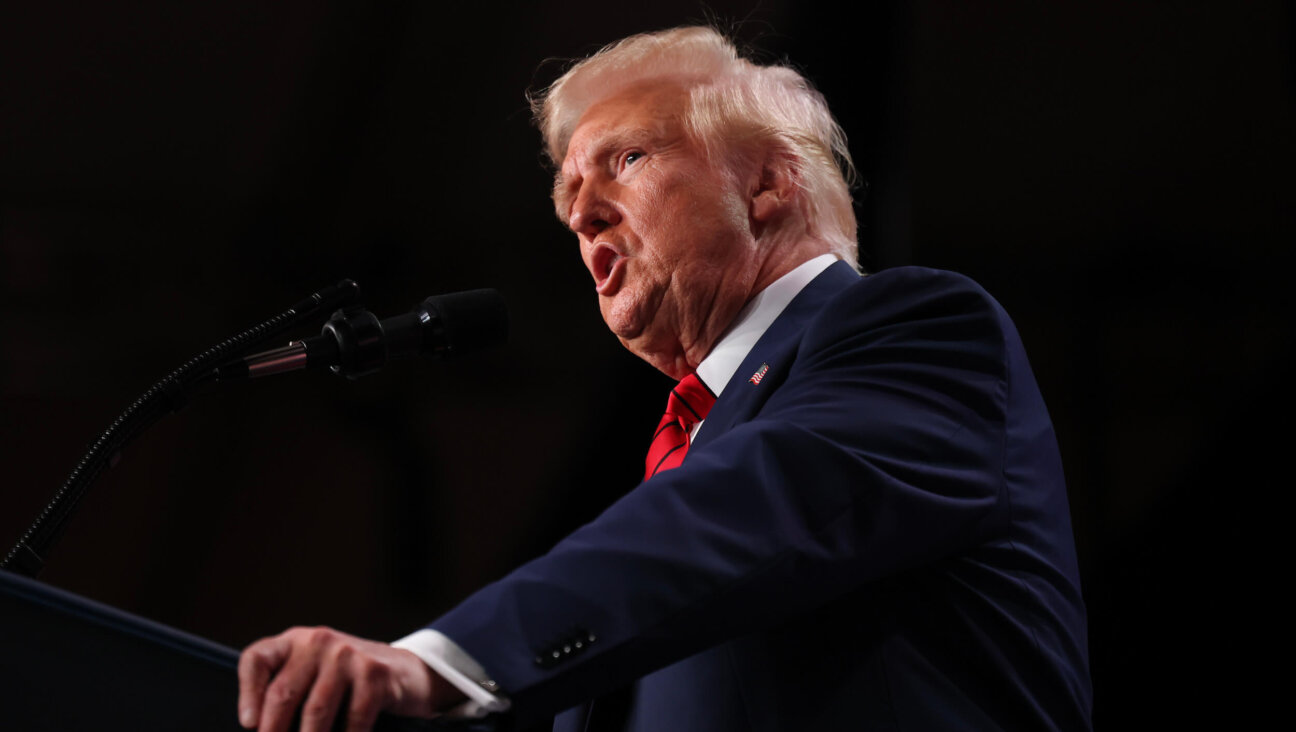Food Fight
With each passing day, the heat seemed to be rising in the run-up to this fall’s midterm election. Every hot-button issue on the public agenda, from gay marriage to the estate tax, seems to offer another opportunity for one side or the other — mostly the other, if you ask us — to reject compromise and play to its base. It leaves a bad taste in the ordinary voter’s mouth.
And yet, in the midst of the fray, the two parties found common ground last month. In a rare show of bipartisanship, the Republican speaker of the House of Representatives, Dennis Hastert, and the Democratic minority leader, Nancy Pelosi, issued a statement denouncing the FBI’s May 20 search of the offices of Democratic Rep. William Jefferson of Louisiana.
Hastert and Pelosi demanded that the FBI immediately return whatever documents and evidence it found in the search. Only an intervention by President Bush, sealing the documents for 45 days, averted a constitutional crisis.
How were the warring leaders able to avoid the usual congressional food fight and suddenly remember their table manners? Therein lies a tale.
What’s behind this unusual confrontation is not the guilt or innocence of Jefferson. Pelosi, as Democratic leader, has called for Jefferson’s resignation from the House Ways and Means Committee, implicitly acknowledging that Jefferson is not beyond suspicion.
What is involved is an intrusion by an arm of the executive branch of government — the FBI — into the affairs of the legislative branch. Hastert and Pelosi say that the intrusion violates a fundamental constitutional principle, the separation of powers.
There is merit to this argument, but there is another major principle in the Constitution that is at stake: the doctrine of checks and balances. Congress may pass a bill. But the president may veto it. Congress may override his veto with a two-thirds vote. The House may pass a bill that the Senate rejects. The dispute may be settled in negotiations between the two bodies. The processes are so complex that legislating and governing are often compared to sausage-making — don’t watch too closely, or you’ll lose your appetite.
In the current instance, the House is demanding that the FBI hand over the evidence found in its search. According to news reports, the findings include some $90,000 in cool cash, tucked away behind the eggs and yogurt in Jefferson’s refrigerator.
Now it becomes clear. Our guess is that the discovery came about when some guy from the FBI was looking around for a free nosh. He should have remembered that in Washington, there’s no free lunch.
It seems that the ultimate voice in this scrambled scenario will have to be the U.S. Supreme Court’s. Let’s see whether the justices can make an edible dish out of these smelly, scrambled yolks. Stay tuned.
A message from our Publisher & CEO Rachel Fishman Feddersen

I hope you appreciated this article. Before you go, I’d like to ask you to please support the Forward’s award-winning, nonprofit journalism so that we can be prepared for whatever news 2025 brings.
At a time when other newsrooms are closing or cutting back, the Forward has removed its paywall and invested additional resources to report on the ground from Israel and around the U.S. on the impact of the war, rising antisemitism and polarized discourse.
Readers like you make it all possible. Support our work by becoming a Forward Member and connect with our journalism and your community.
— Rachel Fishman Feddersen, Publisher and CEO






















